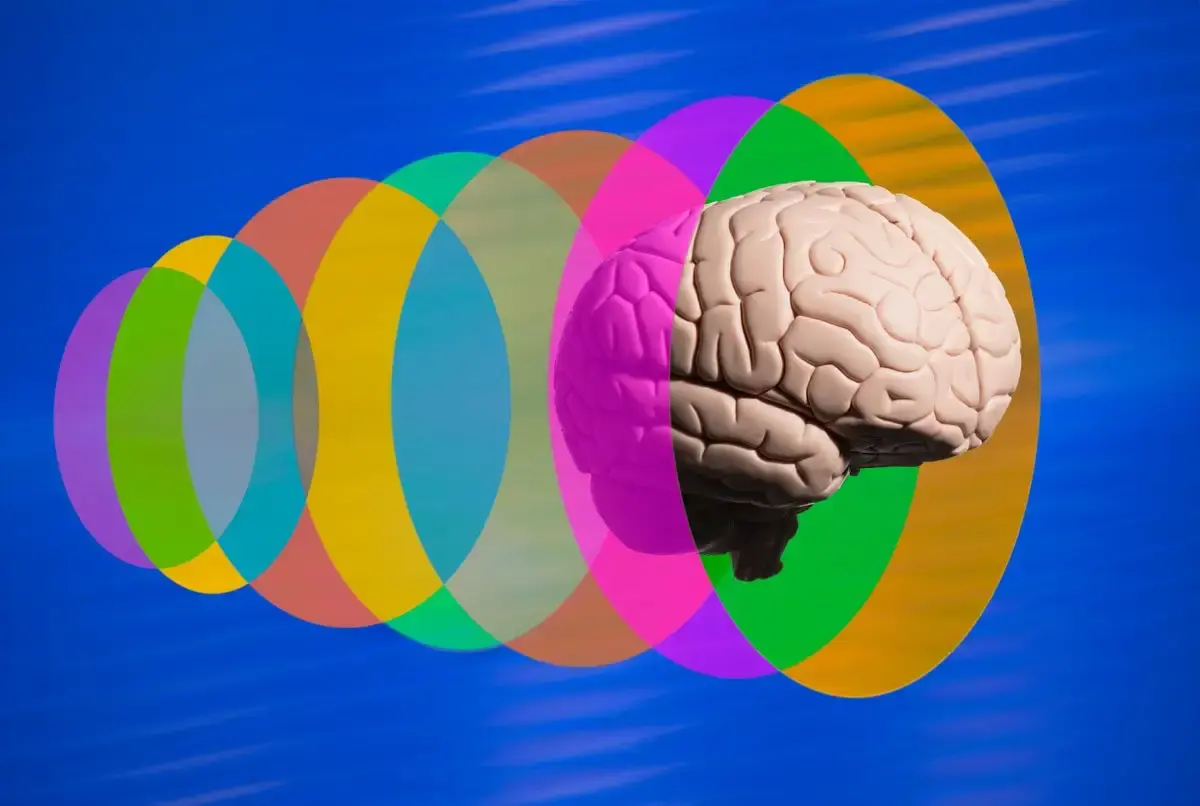I wonder what the numbers are for hunter scavenger societies.
Hard to say. Diseases that leave no mark on the skeleton are impossible to ascertain in prehistorical context.
Additionally there is the thing with disease that it doesn’t exist until people find a way to diagnose it. That’s the problem with neurotipicallity in historical sense. Boomers saying ‘when I was young nobody had Asperger’s or ADHD’ like it didn’t exist back then is a good example. It did exist, but people didn’t have a way to diagnose it.
Plenty of historical figures had what we now recognize as different forms of neurodivergence.
Peter Roget obsessively made lists throughout his life, beginning as early as 8 years old. He also liked to solve chess puzzles and invented the log log slide rule, useful for working out exponents and roots by hand. He appears to have suffered from depression, and used list creation as a mechanism for calming himself. After he retired, he catalogued lists of synonyms and compiled it into categories, creating what would eventually be known as Roget’s Thesaurus. Looking over his biography, it’s pretty obvious that he would be considered neurodivergent today.
Sherlock Holmes had trademark characteristics of what we would later call Asperger’s: obsessive attention to detail combined with disinterest in other humans or their emotions. He’s a fictional character, but his creator, Sir Arthur Conan Doyle, almost certainly drew on his own life and a few others in his life to create that character.
But we document these historical figures through writing, so anything prehistoric would likely not show up in the same way.




